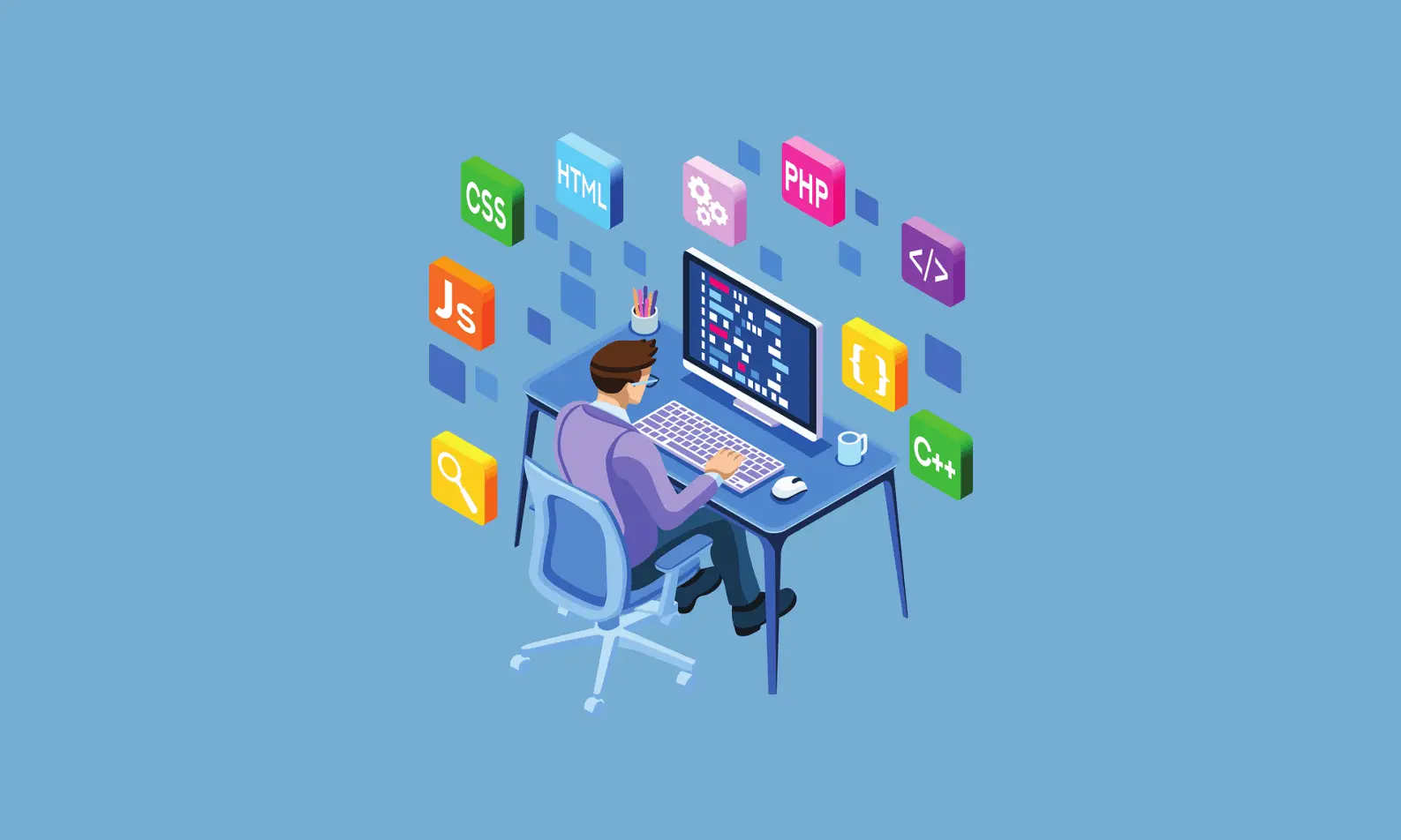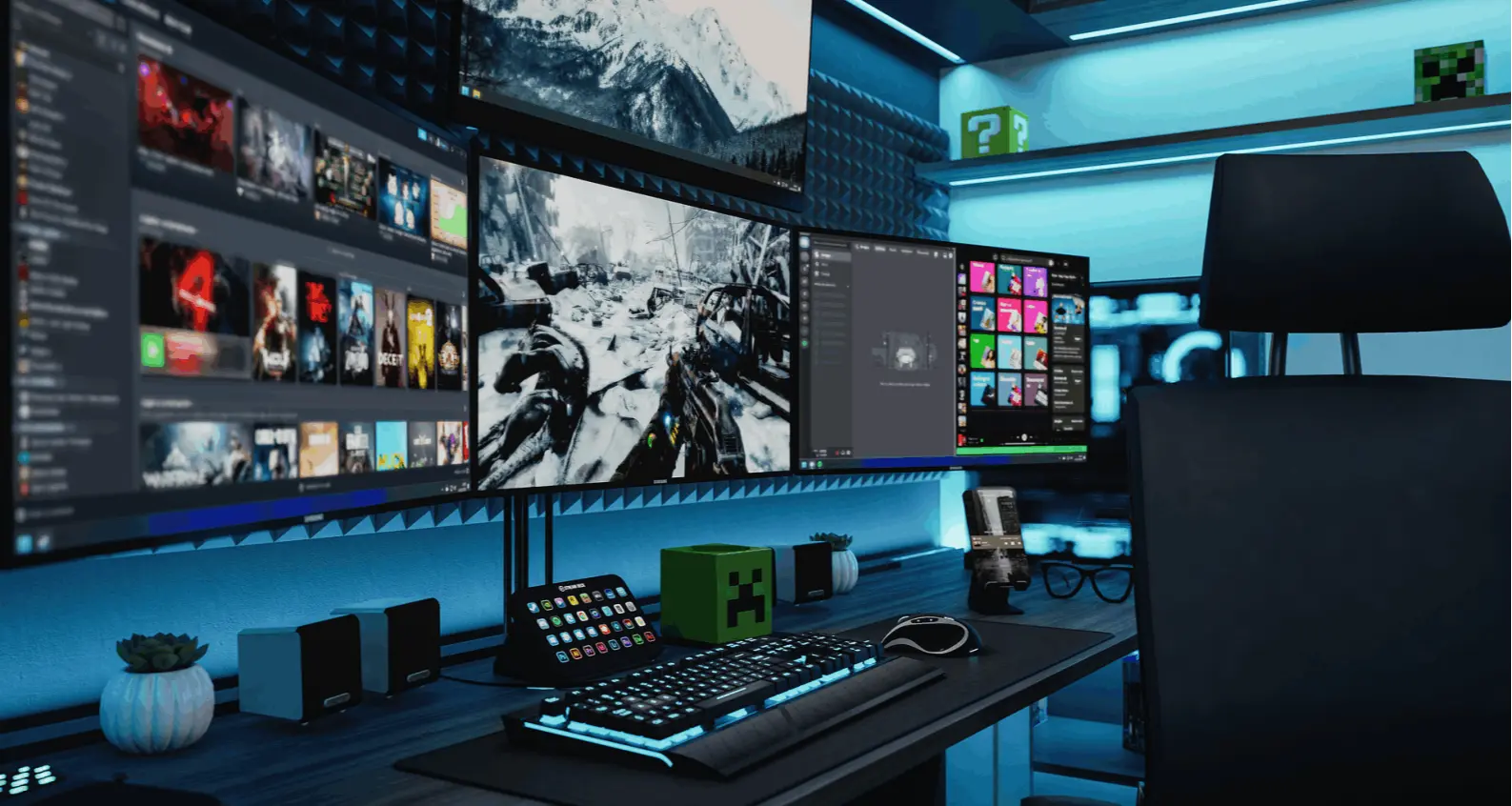Translation, Localization & Interpreting Agency
Via F. Brioschi 33, 20136 Milan, Italy
TEL. +39 02 367233 20 (r.a.)
VAT No. 08827250963
Privacy Policy // Cookies // Work with Us
© Copyright 2025 FabrizioGiagoni.it - All Rights Reserved

Linguistic localization is a specific part of the translation process that adapts cultural references from the source language to the target language. It is used to localize texts, websites, technological platforms, software, video games, marketing and advertising campaigns, social media content, dialogues, films, and books. Linguistic localization includes both the semantic translation of the text and the modification of certain images, icons, colors, and formats so that they align with the social conventions of the target culture and language.
Linguistic localization implies that translators and reviewers are not only native speakers but also live in the target country, enabling them to adapt the translation to the social and linguistic context. It is said that language shapes thought. Every culture has its own specific language system, which is not just a set of grammatical and terminological rules but also the result of particular choices in vocabulary, expressions and conventions that define that culture.
Dotwords supports companies throughout the localization process, allowing translations to feel like a natural fit that perfectly matches the underlying thought of the message. The skill of a translator-localizer lies precisely in their ability to convey the perfect expression with the most appropriate terms for the context, while preserving the original meaning unchanged.
Dotwords supports companies throughout the localization process, ensuring translations feel like a natural fit that perfectly conveys the intended meaning.
The skill of a translator-localizer lies in their ability to convey the perfect expression using the most appropriate terms for the context, while preserving the original meaning.

he success of multimedia products in international markets, such as the gaming and learning sectors, depends on the delicate phase of software localization.
Dotwords relies on highly experienced native translators, employs the most advanced technologies, and follows the most effective practices to ensure excellent translations in any language, finely localized.
With our project managers and certified translators, we tackle localization projects by creating dedicated, specialized teams that get involved from the early stages of design and risk assessment. Each professional software translator also works on images, icons, symbols, colors, and graphics to adapt them to the target language with a high degree of linguistic localization.
The entire project cycle is overseen by specialized project managers who provide transparent updates on the progress of software localization, even daily.

Linguistic localization is essential to achieve a high standard of translation, which is crucial when dealing with software and multimedia products. Additionally, localization increases customer satisfaction by making users feel more welcomed and comfortable with the service.
Software localization allows you to expand your potential market by reaching new audiences and countries that would otherwise remain excluded. At the same time, localization helps improve the reputation and image of your brand, company, or product because it shows care for the customer, professionalism, and cultural sensitivity.
Software localization prevents cultural misunderstandings and errors that could cause offense or confusion among speakers of different cultures or religions. It is also key to differentiating your brand or products, highlighting seriousness and attention to the needs of your target audience.
01
The ability to address users in their own language is a crucial factor for achieving business goals at an international level. Linguistic localization plays a key role in the internationalization of any activity related to services or products. Linguistic localization applies to every type of online initiative where it is essential to quickly capture attention with targeted messages and effective keywords. Thanks to website localization, you can be sure of being immediately found on search engines and then understood.
Dotwords’ approach to website localization (corporate sites, portals, social media, blogs, e-commerce, etc.) includes a preliminary phase of in-depth analysis of the client’s characteristics, objectives, operational context, and key values to be communicated.
With our dedicated team, we are able to perform contextual analysis, propose customized solutions, and provide specific content for each target market, taking into account the requirements of content localization.
Dotwords’ native copywriters combine effective and persuasive writing with search engine optimization (SEO) in the original languages of the target markets, always within a website localization perspective.
Our project managers can update complex websites in extremely short times, working directly on the main CMS (content management systems).
02
The localization of gaming platforms, also known as video game localization, is the process of linguistically adapting a game or gaming software to make it compatible and usable by players and users of different languages and cultures.
Video game localization involves games (including dialogues with videos and texts), software platforms, interfaces, icons, and of course the social media related to these video games. Dotwords, a video game localization agency based in Milan, offers turnkey services worldwide.
Gaming and video game software localization includes translating texts, dialogues, subtitles, menus and instructions, as well as adapting graphics such as images, cartoons, icons, colors, symbols and other elements that may have a specific meaning in the reference culture and for users of the video games.
The goal of video game localization is to provide players with a more credible, engaging, personalized, and immersive experience by using the terms and cultural and social language of the target language. Moreover, this specific type of localization allows gaming creators to access new markets and become known to a growing number of users in different countries.
03
Another key sector where excellent linguistic localization is essential is e-learning courses, which must be translated closely adhering to the cultural and social references of the target language. Localization of training courses concerns not only texts and dialogues but also platform interfaces, icons, images, and all localizable elements in a course.
Dotwords is an e-learning localization agency with deep expertise in all language combinations and across all socioeconomic sectors. Whether professional training courses, corporate courses, digital courses, soft skills, or others, working with localized translation allows you to penetrate the target market and achieve the best possible results from an e-learning course.
The main goal of training courses is to be products that are easily assimilable, engaging, and truly capable of involving the user so that they learn the subject matter effortlessly.
Localization of training courses is the most important and delicate part of translating this type of product.
Investing in localized translation is always a rewarding initiative from every point of view. Dotwords is an e-learning localization agency offering comprehensive support with dedicated professionals who have cross-disciplinary skills. For training course localization, invest with professionals and request a quote.